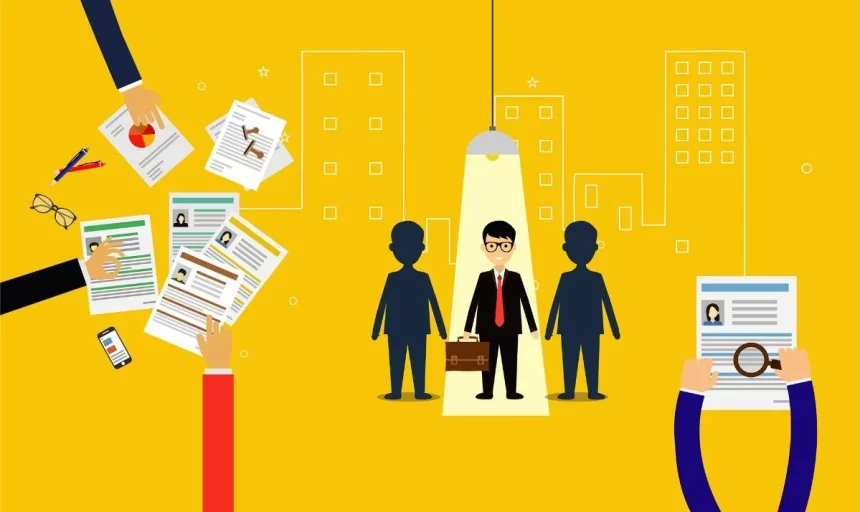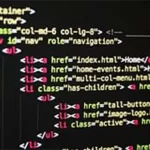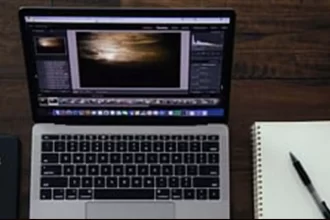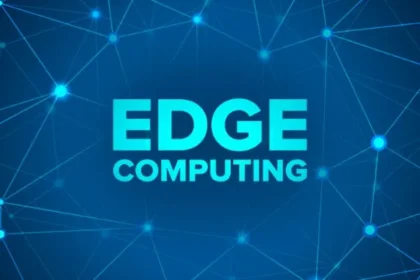The phrase “attempting to find a needle in a haystack” applies to jobs as an occupation. Economic shifts, competition in a particular sector, an overabundance of graduates with a specific qualification all of these things and more will result in some jobs with hundreds or even thousands of applicants scrambling for a unique role as it grows up.
How do recruiters handle work prospects with so many candidates vying for fewer jobs? That’s where Artificial Intelligence (AI) will play a part in making the recruiting process trouble and error-free.
Uses of AI in the Recruitment Process:
AI in recruitment is an evolving category of HR technology intended to reduce or even minimize time-consuming operations, such as manual resume screening. Using the AI-powered Applicant Tracking System (ATS) to scan hundreds of CVs and search for keywords or sentences is quite prominent nowadays.
As such, AI technology provides an excellent manner for recruiters to thin the herd quickly and effectively. However, the use of AI to scan through CVs often leads to work seeker criticism. They assert that the technology reduces a person’s CV to a basic ‘yes or no’ based solely on a quest for keywords, whereas that choice should be found on the consistency of their experience and character.
The problem, however, is that the choice for recruiters is to read and analyze each CV individually. In a previous instance of a company with thousands of applicants, this can take weeks or even months. All this while the candidates wait to hear back. Screening resumes efficiently, and the most critical challenge of talent acquisition tends to be time-effective. In essence, 52 percent of talent acquisition leaders say the toughest aspect of recruiting is selecting the best candidates from a vast array of applicants.
The Impact of AI on Recruitment: Advantages of AI
- AI Saves Time: These days, most of the recruiters are quite busy. In that regard, if the more repetitive and time-consuming activities can be automated will the better. Using an AI-driven chatbot, for instance, will eliminate heaps of specific worldly duties. For example, think about answering questions from applicants, arranging interviews, and screening candidates. Things which are necessary and need to be completed, but can also be readily automated.
- AI Eliminates Bias: The last thing we want is not to bias our judgment in finding the perfect candidate for the job. Fortunately, some interesting AI applications may help to decrease discrimination when hiring. Recruiters are given tools to write a bias-free advertisement for work. AI-powered pre-selection software makes use of predictive analytics to measure a candidate’s likelihood of success in a position. It helps recruiters and hiring managers to make recruiting choices that are motivated by evidence rather than preferences based on their internal feeling.
- It can Find Appropriate Candidates: AI-powered software can determine people’s internet presence on social media and public data like their profiles. Based on that knowledge, predictions can be made by technology. It can also access profiles of candidates who have already started a job in the company. By integrating all the access data, the program will identify applicants with comparable characteristics and capabilities. It can discern which candidates may be interested in particular positions and specifically target appropriate job advertising.
- It improves the Applicant Experience: Chatbot infused with AI can assist in the recruitment process. This never takes a day off, which means that the nominee is still able to answer questions, even at midnight or on any Sunday. As such, it will guide the candidate more efficiently through the recruitment process; prompt responses when they need them.
AI’s Effect on Recruitment: Future Risks
Technology can use AI, for instance, to detect specific nuances in applicant behavior during a video interview. But who is to say an applicant’s body language is not necessarily because he or she is anxious rather than misleading them? Replacing human qualities such as empathy, and contextual awareness with machines is also tricky.
An AI-driven recruitment tool may identify an applicant as having all the requisite information based on a keyword search. But it may forget the fact that the same candidate has changed employment four times in one year. With artificial intelligence, the recruitment sector is evolving. There are already a large number of AI-driven applications out there, and their number is expected to increase.










